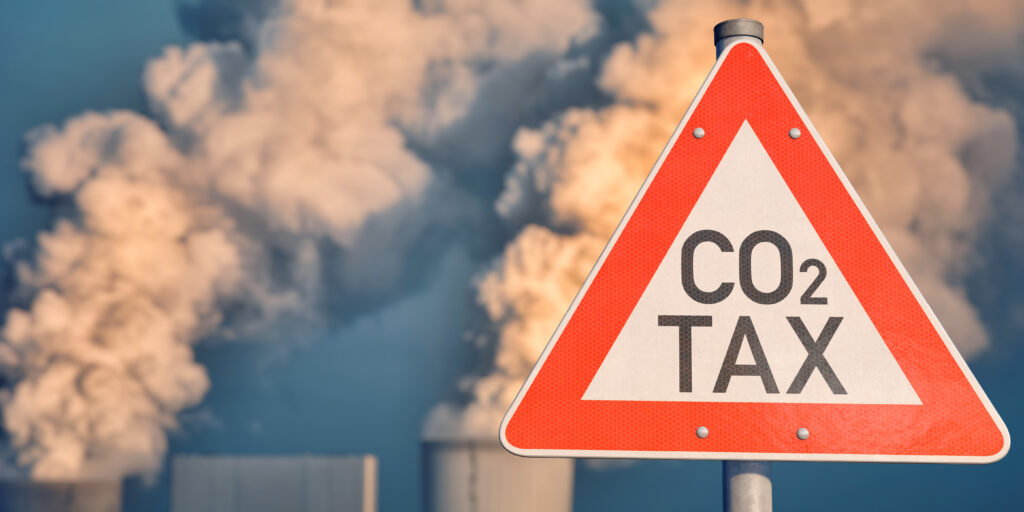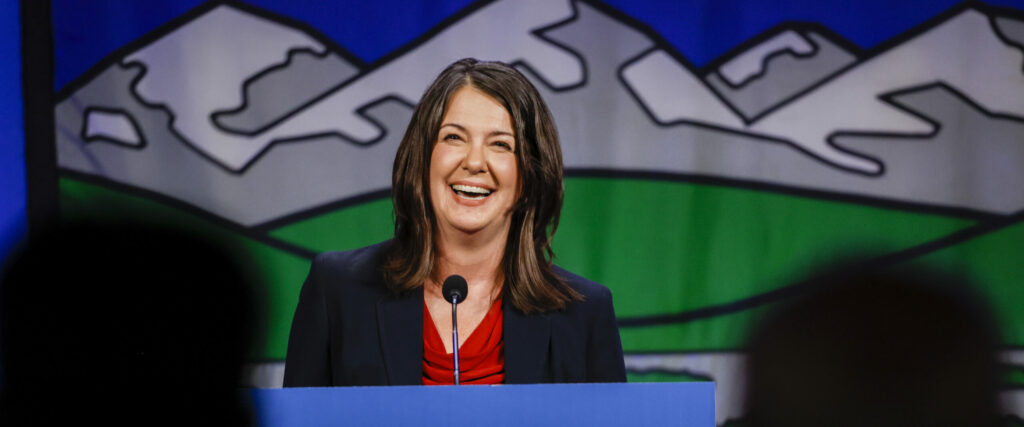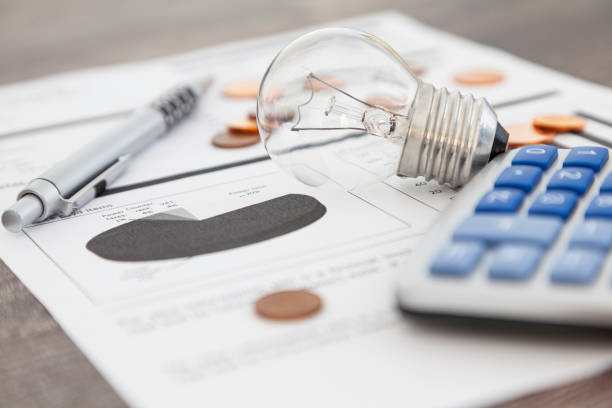When the dreaded federal carbon tax finally took effect April 1, small businesses were still baffled, as they’d been warning in vain, about how to collect the rebates that will make us all richer, because the feds who designed the thing apparently haven’t figured out how it works either. They can save the planet, just don’t ask them to figure out their own tax system.
One thing politicians do know how to do is barrage us with smug press releases about how their wonderful plans are in full swing. Or how their opponents’ plans are shoving us into the abyss. Indeed, in the National Post Randall Denley expresses exasperation at the rhetoric of both sides… and of the public, who were already telling pollsters the carbon tax had increased the cost of living for them before it took effect. In any case the real scandal here is imposing such a small tax with such big words.
As so often on climate, the rhetoric seems out of proportion to the action. For instance in Scotland, every other party just rejected a Green party motion to throw out the economy with the CO2, refusing to ban fracking and stop investing in oil and gas because too many jobs depend on it. Typically, the SNP Minister for Rural Affairs and the Natural Environment said “no one” disputes “the urgency of the situation” but “Suddenly ending production would have an absolutely massive impact on communities and jobs, especially in the north-east of Scotland and in constituencies such as mine”. Which means you do dispute the seriousness since you allow these considerations to trump saving Mother Earth.
Meanwhile a Scottish Conservative said: “Although I recognise that our energy needs must adapt, we cannot simply ignore an industry that is vital to our energy security. It is forecast that at least two thirds of the United Kingdom’s primary energy needs will be met by oil and gas until at least 2035.” And a Labour spokesperson chimed in with “Scotland has benefited from offshore oil and gas extraction, but times are changing for the industry…. However, as someone who grew up in what became an ex-mining village, I know the impact that industrial change has on communities. That is why we are calling for the just transition commission to be given a greater role in managing the change that we need in our energy policy.” In short, save seat now, planet later. Although we have only 12 years… or 8 if you count from after the election. And as Denley said, one should not let the public off the hook either.
For instance in Germany, where the Energiewende is in ruins, there are more electric and natural gas cars on the road… but the average CO2 emissions of new cars keep rising because people keep buying bigger cars. The same is true of many alarmists: The New York Times’ Climate Fwd. newsletter just advised us on how to brew a greener cup of coffee, including don’t buy deforestation beans or ones using a lot of pesticides. (Relevance to global warming: nil.) And don’t use single pods. (Impact: minimal.) Now it’s true that as Trotskii said, sometimes quantity has a quality all its own. But isn’t there more sanctimony than salvation here?
It is of course possible that the politicians are merely sneaking up on us. David Booth in Driving warns that if the Trudeau Liberals are reelected the carbon tax could rocket up from $20 per tonne to $300 rather than its supposed planned increase to $50 by 2022. Which indeed it probably should if you’re really trying to price gasoline out of the average person’s reach as meeting our Paris target would require.
In some ways it would be reassuring to think one was governed by rogues rather than fools because the former have a better understanding of reality and, as Dumas said, unlike fools rogues take vacations. However it is more plausible that, instead of a cunning plan complete with slick PR pending reelection, the feds here as on electoral reform and any number of other files have nothing that even reminds you of a plan, just good intentions and a mess of badly drafted half-complete bills and regulations.


